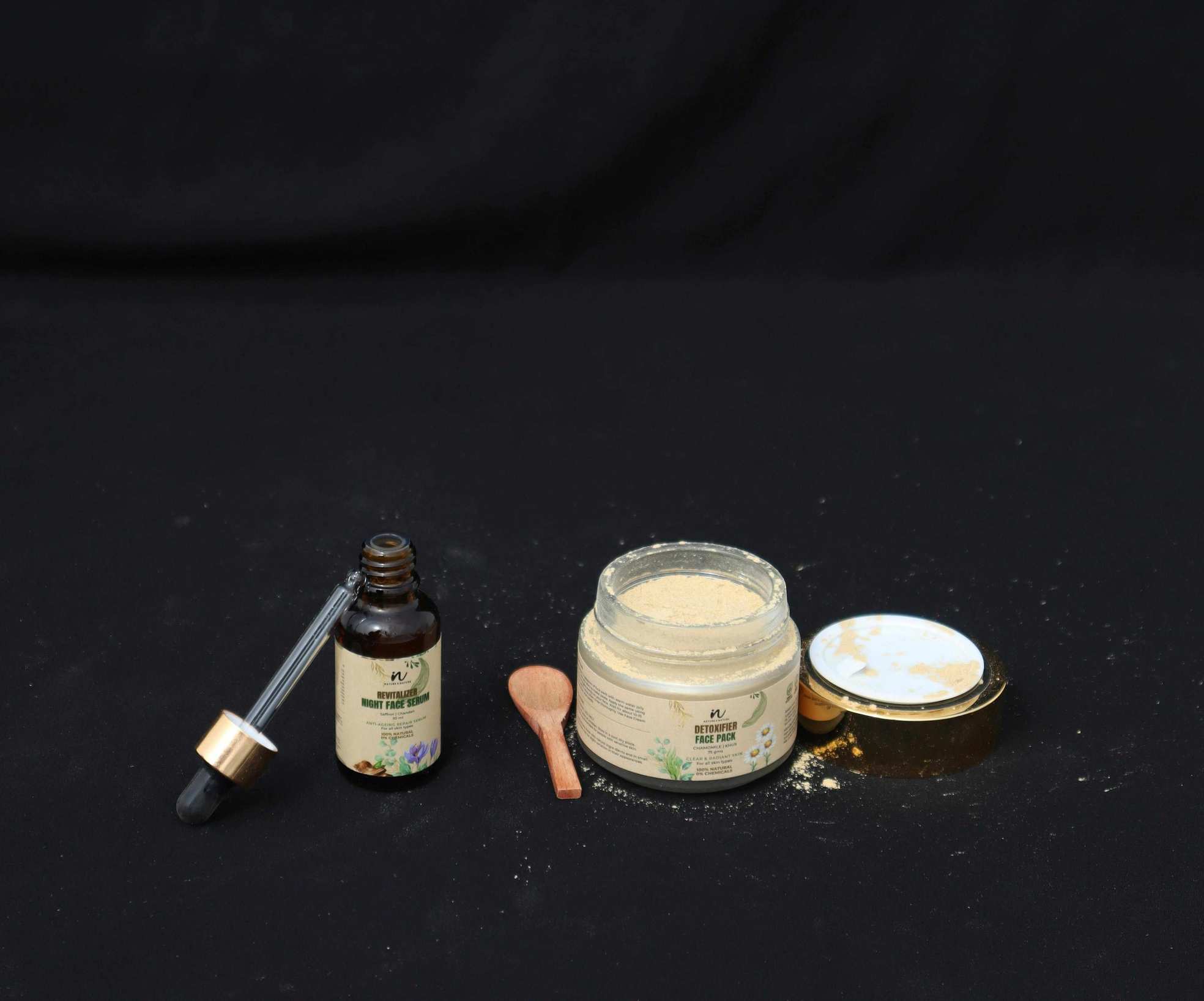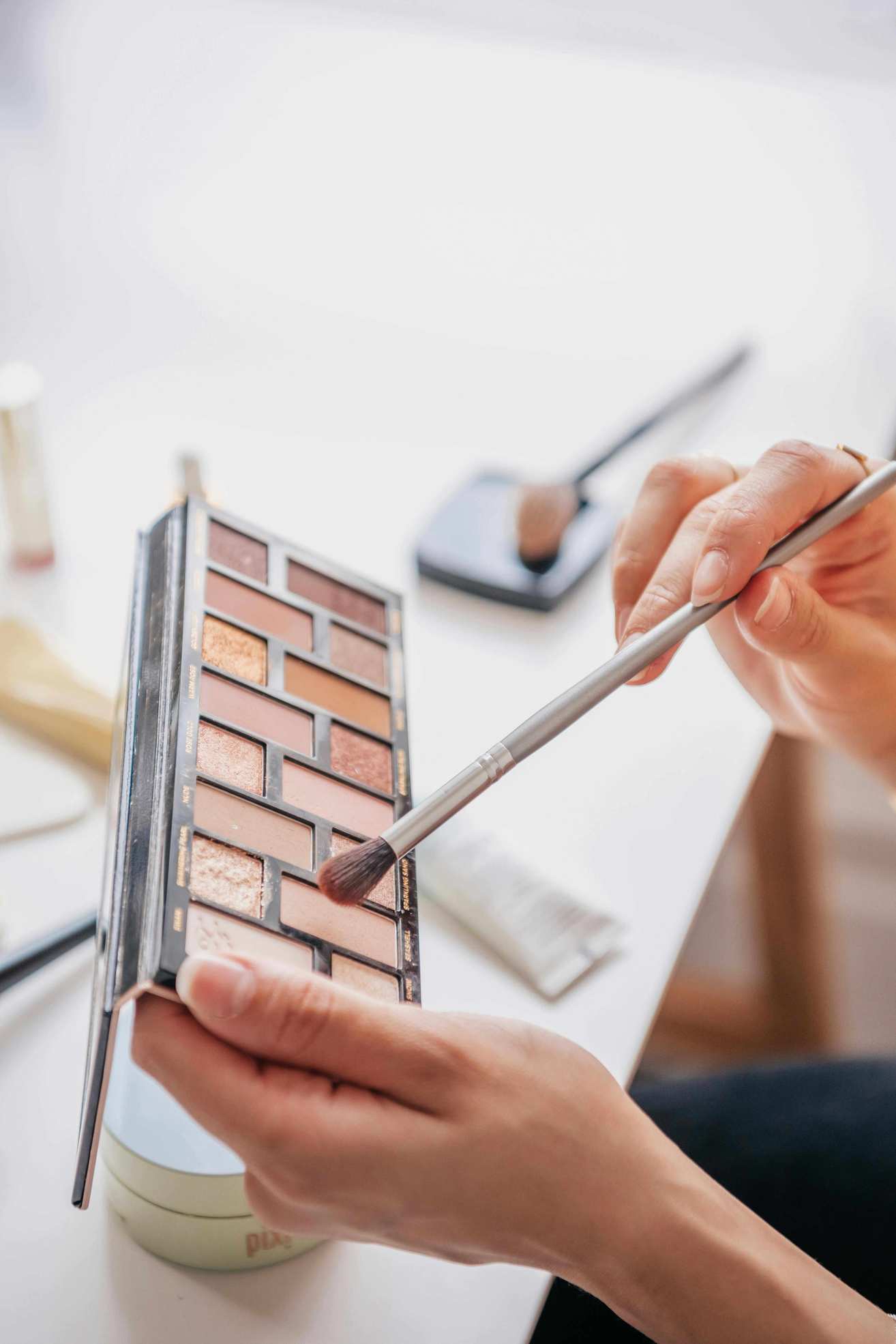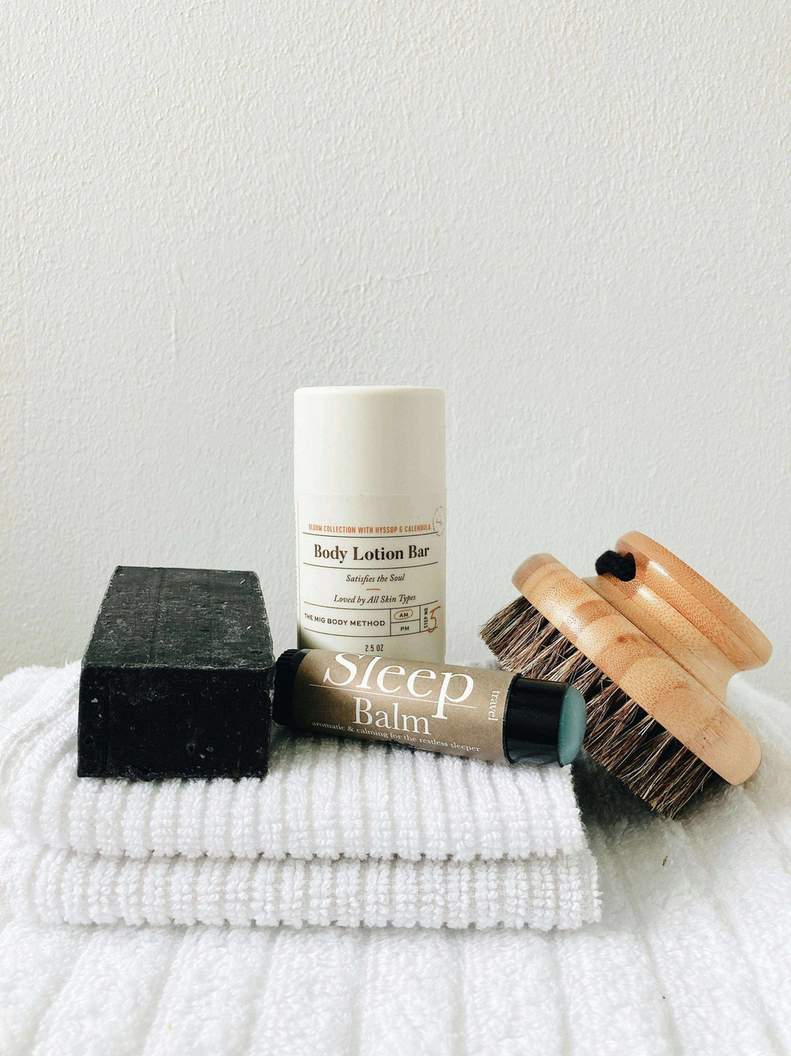Understanding Sensitive Skin
Sensitive skin is characterized by a heightened reaction to various triggers, including environmental factors, certain ingredients, and even stress. Common signs include redness, itching, burning sensations, and a tendency to react to products that others tolerate well. Understanding your skin's specific triggers is the first step toward effective management.
Essential Sensitive Skin Care Tips
1. Patch Testing
Always test new products on a small area of skin before applying them to your entire face. This simple step can prevent adverse reactions:
- Apply a small amount to the inside of your wrist or behind your ear
- Wait 24-48 hours to observe any reactions
- Test one product at a time to identify specific triggers
- Keep a record of products that cause reactions
2. Gentle Products
Choose products specifically formulated for sensitive skin:
- Fragrance-free and hypoallergenic formulas
- Products labeled "for sensitive skin"
- Avoid harsh ingredients like alcohol, sulfates, and strong acids
- Look for soothing ingredients like aloe vera and chamomile
3. Sun Protection
Sensitive skin is particularly vulnerable to sun damage. Use mineral-based sunscreens:
- Zinc oxide and titanium dioxide are gentler than chemical sunscreens
- Choose broad-spectrum SPF 30 or higher
- Apply sunscreen daily, even on cloudy days
- Reapply every two hours when outdoors
4. Moisturizing
Proper hydration is crucial for sensitive skin. Use soothing moisturizers with:
- Ceramides to strengthen the skin barrier
- Hyaluronic acid for gentle hydration
- Glycerin to attract moisture
- Oat extract for its calming properties
5. Avoiding Irritants
Be aware of common irritants and avoid them:
- Alcohol-based products that can dry and irritate
- Harsh exfoliants and scrubs
- Strong fragrances and essential oils
- Hot water and extreme temperature changes
Sensitive Skin Care Routine
Morning Routine
Keep your morning routine simple and gentle:
- Rinse with lukewarm water (no cleanser if skin is very sensitive)
- Apply a gentle, fragrance-free moisturizer
- Use a mineral-based sunscreen
- Apply makeup only if necessary, using hypoallergenic products
Evening Routine
Focus on gentle cleansing and repair:
- Remove makeup with a gentle, oil-based cleanser
- Cleanse with a mild, fragrance-free cleanser
- Apply a soothing serum (optional)
- Moisturize with a rich, calming cream
Choosing the Right Products
Cleansers
Look for gentle, non-foaming cleansers:
- Cream or milk cleansers
- Oil-based cleansers for makeup removal
- Micellar water for quick cleansing
- Avoid foaming cleansers with sulfates
Moisturizers
Choose rich, soothing moisturizers:
- Thick creams for dry, sensitive skin
- Gel-based moisturizers for oily, sensitive skin
- Products with ceramides and fatty acids
- Avoid products with strong fragrances
Serums and Treatments
Be very selective with active ingredients:
- Niacinamide for barrier repair (start with low concentrations)
- Hyaluronic acid for hydration
- Avoid strong acids like glycolic or salicylic acid
- Introduce new ingredients very gradually
Lifestyle Tips for Sensitive Skin
Environmental Protection
Protect your skin from environmental triggers:
- Use a humidifier in dry environments
- Avoid extreme temperature changes
- Protect against wind and cold weather
- Consider using an air purifier indoors
Stress Management
Stress can exacerbate sensitive skin conditions:
- Practice stress-reduction techniques
- Get adequate sleep
- Exercise regularly but avoid excessive sweating
- Consider meditation or yoga
Diet Considerations
What you eat can affect your skin:
- Stay hydrated by drinking plenty of water
- Eat a balanced diet rich in antioxidants
- Consider eliminating common trigger foods
- Include omega-3 fatty acids for skin health
Common Triggers to Avoid
Skincare Ingredients
Be cautious with these ingredients:
- Fragrances and essential oils
- Alcohol and astringents
- Strong acids (glycolic, salicylic, lactic)
- Retinoids (use only under dermatologist supervision)
- Physical exfoliants with rough particles
Environmental Factors
Be aware of these environmental triggers:
- Extreme temperatures (hot or cold)
- Dry air and low humidity
- Wind and air pollution
- UV radiation and sun exposure
- Hard water with high mineral content
Recommended Products
Here are some of our favorite products for sensitive skin:
When to See a Dermatologist
While many sensitive skin issues can be managed at home, consult a dermatologist if you experience:
- Severe or persistent reactions to products
- Signs of allergic contact dermatitis
- Rosacea or eczema symptoms
- Burning or stinging that doesn't improve
- Signs of infection (pus, fever, spreading rash)
Conclusion
Managing sensitive skin requires patience, consistency, and a gentle approach. By understanding your skin's triggers and using appropriate products, you can create a soothing, effective routine that keeps your skin healthy and comfortable.
Remember, less is often more when it comes to sensitive skin. Focus on gentle, nourishing products and give your skin time to adjust to any changes in your routine.



